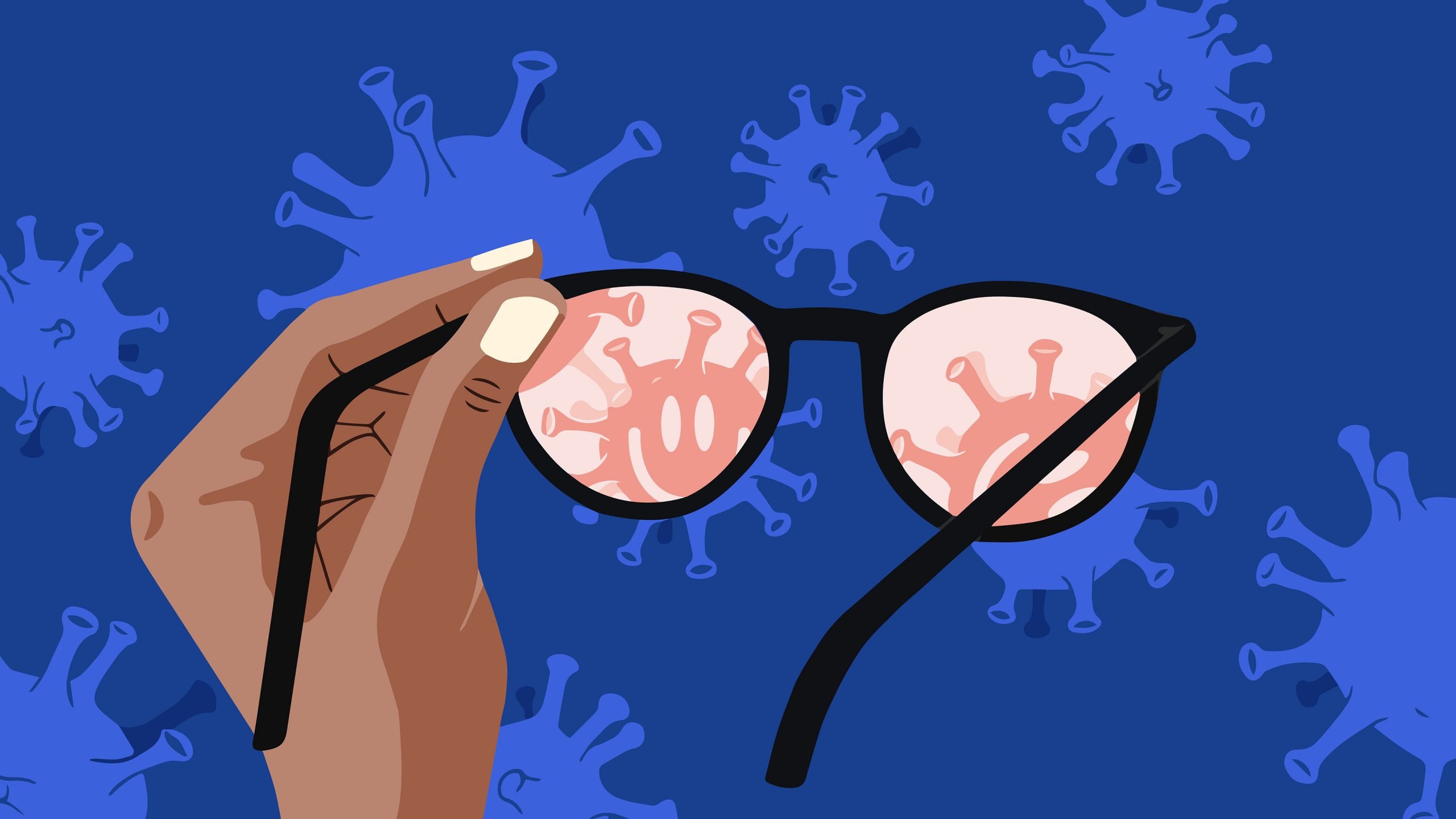EINSTELLUNGSURSACHEN DURCHSUCHEN
Argumente, die auf Fehlinformationen basieren, lassen sich anhand von 11 häufigen Einstellungsursachen kategorisieren. Wählen Sie unten eine Ursache aus, um mehr darüber zu erfahren und einzelne Themen zu durchsuchen.
Verschwörungsglauben
Es ist eine Verschwörung!
In general, conspiracy theories tend to become more prominent when people feel threatened or fear a loss of control, because the theories allow people to cope with threatening events by focusing blame on a set of presumed conspirators....
Misstrauen
Ich traue der Sache nicht!
One of the strongest predictors of vaccine hesitancy is people’s general mistrust of authorities, pharmaceutical companies, scientists, the medical “establishment”, and scientific research methods and findings...
Religiöse Bedenken
Es ist eine Sünde!
No major faith explicitly opposes vaccinations. On the contrary, all major faiths in the U.K. have urged their followers to get vaccinated against COVID-19. Nonetheless, several concerns about vaccinations have been identified that arise from religious considerations. These concerns can be divided into four groups....
Weltanschauung und Politik
Das ist nicht meine Sicht der Dinge!
Political leanings are a known driver of people’s attitudes towards scientific findings that are politically charged. A large body of research has established that people with right-wing political views are presently more likely to reject scientific findings than people on the left. This association varies in magnitude from small to substantial depending on the domain....
Ungerechtfertigte Überzeugungen
Es gibt bessere Wege!
Some people will reject vaccinations based on unwarranted beliefs, for example the claim that the body has a “natural healing potential” or that “natural” is always better, which may lead people to believe that suffering a “natural” disease in order to achieve subsequent immunity is preferable to being vaccinated...
Ängste und Phobien
Es ist beängstigend!
Vaccination fears, which tend to be disproportionate to actual risks, are usually of two types. One type involves fears related to suffering side effects, whether plausible or implausible, such as autism, cancer, autoimmune diseases, neurodevelopmental disorders or even death...
Moralische Bedenken
Es ist unmoralisch!
Some people may feel that vaccines are contrary to their moral stance. This is likely when individuals perceive vaccinations as promoting immoral behaviour or as being developed using immoral means. Several studies have found that moral values play a role in vaccine opposition....
Reaktanz
Es ist meine Entscheidung!
Reactance is a well-known psychological construct which describes an individual's tendency to defend their autonomy when they perceive that others are trying to impose their will on them. Individuals considered to have high reactance may respond to any health advice as an infringement on their ability to choose an action for themselves. High reactance has been consistently associated with vaccine hesitancy...
Verzerrte Risikowahrnehmung
Das ist es nicht wert!
People often have a distorted perception of the risk from a disease, either to themselves or to others. Specifically, people may perceive that a disease is of low or inconsequential risk, and this motivates their belief that vaccination is unnecessary or that the drawbacks outweigh the benefits...
Vermeintliche Eigeninteressen
Andere profitieren davon!
Getting vaccinated is a prosocial act because it offers protection not only to the person who is vaccinated, but also to the community as a whole because every vaccination contributes to herd immunity. However, if nearly everyone gets vaccinated so that herd immunity is achieved, then it is possible for an individual to decide against vaccination and to “free ride” on others in the community who are vaccinated...
Epistemischer Relativismus
Das ist nicht meine Wahrheit!
Epistemic relativism is a philosophical view which holds that scientific “facts” are products of social conventions and frameworks of assessment (e.g., historical contexts, social and cultural norms, and individual standards). According to strict relativists, there can be no framework-independent point of view from which we can obtain objective knowledge...











